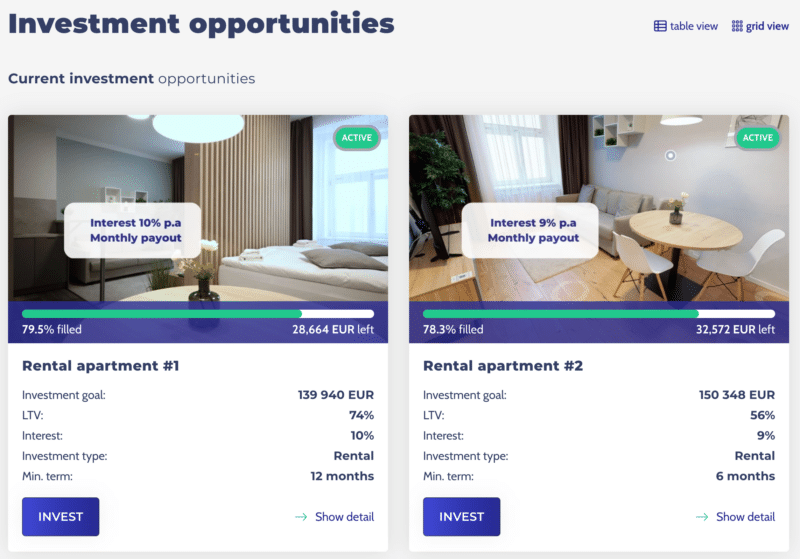
Dental health is extremely important for living well, in fact, research has shown that those with healthy teeth live longer.
Here are some good clinics in the Barcelona area to take care of all your dental needs:
Clinica Smelt
Clinicasmelt is a dental clinic specializing in dental aesthetics. The clinic is based in Granollers but is worth the trip out of Barcelona. They offer a range of services including teeth whitening and complete oral rehabilitations. Their expertise encompasses modern dentistry, periodontics, orthodontics, pediatric dentistry, and prosthodontics. Clinicasmelt emphasizes both aesthetics and functionality in their treatments, ensuring patients receive tailored care. With extensive experience in the field, the clinic assures patients of maximum peace of mind during their treatments
Clinica Blasi
Clínica Blasi exemplifies a unique family-driven approach to dental care. The father, an orthodontist, leads a team of children who are experts in various dental specialties. Each sibling, including an endodontist, an orthodontist, a surgeon, and another orthodontist, has honed their skills in the USA. They are distinguished members of both Spanish and American dental associations, a credential held by only 1% of dentists in Spain. Renowned for their kindness, professionalism, and pursuit of perfection, they often publish pioneering methods in dentistry. The clinic’s collaborative approach is remarkable. For instance, if a case requires multidisciplinary input, the siblings readily consult each other, offering comprehensive care without the need for external referrals or delays. This highly recommended clinic stands out for its exceptional family-centric teamwork and expertise.








